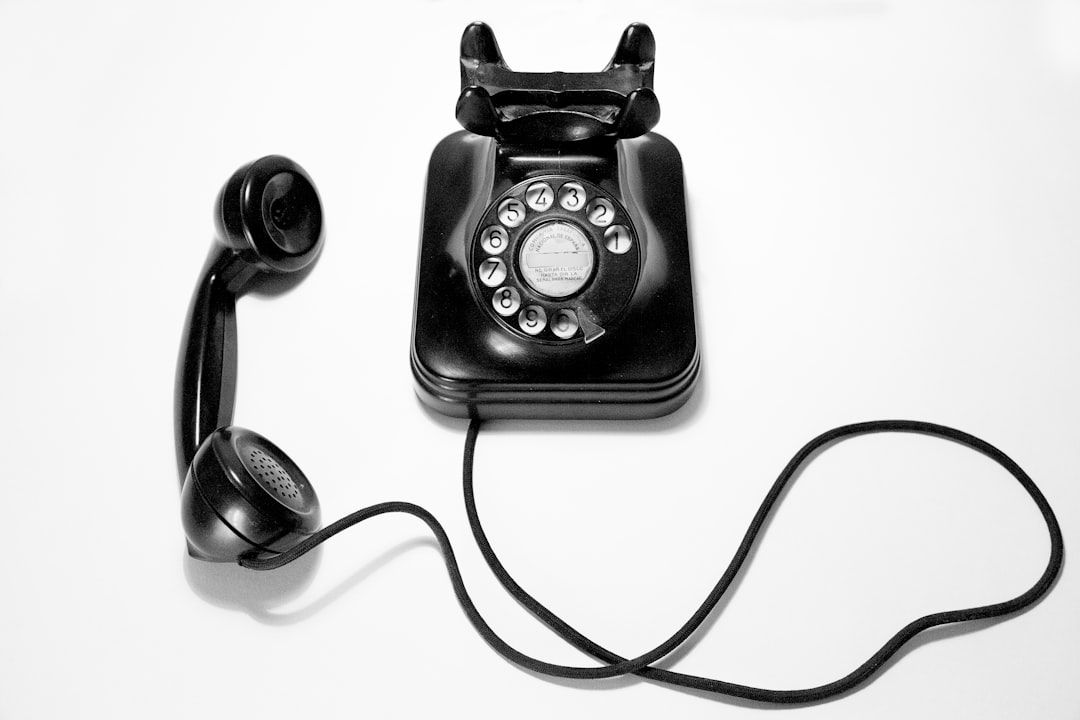Iowa's debt collector laws protect consumers from abusive practices by regulating communication methods, call times, and consumer requests for cessation. Both collectors and consumers must understand these laws to ensure fair interactions and individual rights protection. Violations can be reported to the Iowa Attorney General's Office or through legal action, with options for compensation and accountability to deter future violations.
In Iowa, understanding your consumer rights in the face of wrongful debt collection calls is paramount. This guide navigates Iowa’s robust debt collection laws, empowering individuals to assert their legal protections. Learn about your entitlements during unfair phone interactions, methods for documenting and responding to abusive practices, and available legal recourse. By armed with knowledge, Iowans can effectively enforce their rights against unethical debt collectors.
Understanding Iowa's Debt Collection Laws

Iowa has established clear regulations regarding debt collection practices to protect consumers from unfair and aggressive tactics. The state’s debt collection laws are designed to ensure transparency, fairness, and respect for individuals facing financial hardships.
Under Iowa law, debt collectors must adhere to specific rules when contacting consumers about outstanding debts. These include restricting calls to reasonable hours (typically between 8 a.m. and 9 p.m.), providing proper identification, and ceasing communication if the consumer requests in writing. Consumers have the right to dispute the validity of the debt and request verification from the collector. Understanding these laws is crucial for both debt collectors operating in Iowa and consumers who believe their rights may have been violated during debt collection calls.
Your Rights During Wrongful Calls

When faced with what you believe are wrongful debt collection calls, know that you have rights under Iowa’s debt collector laws. The Fair Debt Collection Practices Act (FDCPA) protects consumers from abusive, unfair, or deceptive practices by debt collectors. This includes prohibiting calls at unreasonable times or places, using false or misleading statements, and threatening or harassing behavior.
If you receive a call that violates these laws, you have the right to demand that the collector stop contacting you immediately. You can also file a complaint with the Iowa Attorney General’s Office and seek legal action against the debt collector if necessary. Understanding your rights is crucial in navigating these situations and ensuring fair treatment under Iowa’s consumer protection laws.
Documenting and Responding to Abuses

When dealing with a debt collector in Iowa, it’s crucial to document and respond appropriately to any abusive practices. Under Iowa law, debt collectors are prohibited from using intimidating, threatening, or harassing tactics when attempting to collect a debt. If you believe your rights have been violated, start by keeping detailed records of all interactions—including dates, times, names, and a summary of what was said. This documentation can serve as vital evidence if you decide to take legal action.
Take immediate steps to respond to the alleged abuse. You can send a written dispute letter to the debt collector, stating your concerns and requesting proof of the debt. The Fair Debt Collection Practices Act (FDCPA) requires collectors to provide validation of the debt, including the original amount owed and information about the creditor. By following these procedures, you can protect yourself and ensure that debt collectors adhere to legal boundaries as prescribed by Iowa laws.
Legal Recourse and Enforcement Actions

If a debt collector in Iowa violates your rights, there are legal avenues to pursue. According to the debt collection laws in Iowa, collectors must adhere to strict rules when contacting consumers. This includes refraining from using abusive or deceptive tactics, providing proper validation of the debt, and respecting personal boundaries. If you’ve been subjected to unfair practices, such as harassing calls, false statements, or threats, you have the right to take action.
You can file a complaint with the Iowa Attorney General’s Office, which has the authority to investigate and enforce consumer protection laws. Additionally, individual consumers may sue debt collectors in court for damages incurred due to wrongful collection activities. Such lawsuits not only seek compensation but also serve as a deterrent, holding debt collectors accountable for adhering to legal guidelines and protecting consumer rights under Iowa law.






